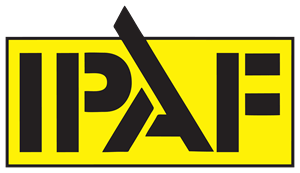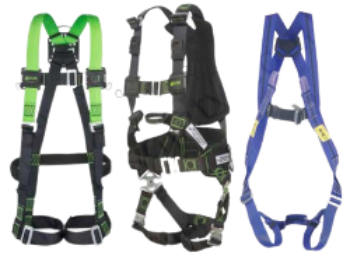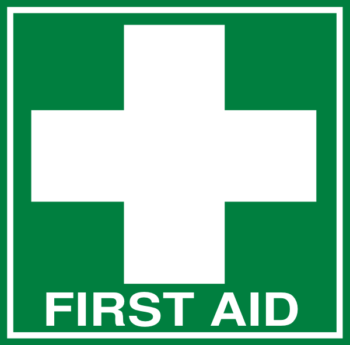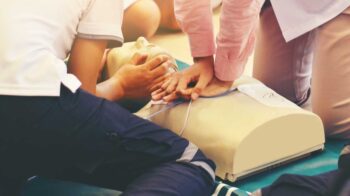Courses
IPAF Courses
IPAF courses promote the safe and effective user of powered access equipment across the world and are accredited by The International Powered Access Federation (IPAF). The IPAF training programme for platform operators conforms to ISO 18878 and is aimed at those individuals who will be using such powered access equipment in their chosen career. Successful delegates will receive the relevant IPAF Card/IPAF certification for their training.
IPAF Training Courses
There are a number of different IPAF training course categories available to suit different job roles within the powered access area, including Static Elevated Working Platform courses (IPAF 1a,1b), MEWP (Mobile Elevated Working Platform) courses (IPAF 3a,3b) and PAV (Push Around Vertical) courses.
- IPAF 1a: Static Vertical – Vertical personnel platforms (static)
- IPAF 1b: Static Boom – Self-propelled booms (outriggers), trailers/push-arounds, vehicle-mounted platforms
- IPAF 3a: Mobile Vertical – Scissor lifts, vertical personnel platforms (mobile)
- IPAF 3b: Mobile Boom – Self-propelled booms
- IPAF PAV: Push around verticals (PAV)
There are also a number of standalone IPAF training courses that cover a specific areas or job roles within the powered access area, including:
- Mast Climbing Work Platforms (MCWP)
- Insulated Aerial Devices (IAD)
- Tele-handler Platforms – Integrated (TPI)
- Use of Harnesses and Harness Inspection (H)
- Loading and Unloading (LOAD)
- MEWP’s for Managers (MM)
Successful delegates will be awarded with the PAL (Powered Access Licence) Card, sometimes also called the IPAF Card. This is valid for five years. The delegate’s name, photograph, assessment date and the type of IPAF course he/she has passed will be clearly shown, alongside the expiry date and PAL/IPAF card logos.
Individuals who will be working with powered access equipment after this time will need to revisit their IPAF training to receive new IPAF certification by undertaking another IPAF course relevant to their job role.
Course Delivery
Please check the Dates section for open training courses in the IPAF Course category, or for more general help or further information please send an enquiry to phil@baker-training.co.uk
IPAF course costs vary based on the course in question and the categories covered.




- The role of the first aider
- Managing an emergency
- Communication and casualty care
- Bleeding (minor and severe)
- Burns Choking (adult)
- Fainting
- Health and safety (first aid) regulations
- Resuscitation (adult CPR)
- Seizures (adult)
- Shock
- Unresponsive casualty
First Aid at Work (18 hour minimum) – 3 Days
- The role of the first aider
- Head injuries
- Managing an emergency
- Health and safety (first aid) regulations
- Communication and casualty care
- Low blood sugar
- Asthma
- Poisoning
- Bleeding (minor and severe)
- Resuscitation (adult CPR)
- Bone, muscle, and joint injuries
- Seizures (adult)
- Burns and scalds
- Severe allergic reaction
- Chest pains (including heart attack)
- Shock
- Choking (adult)
- Spinal injuries
- Eye injuries
- Stroke
- Fainting
- Unresponsive casualty

